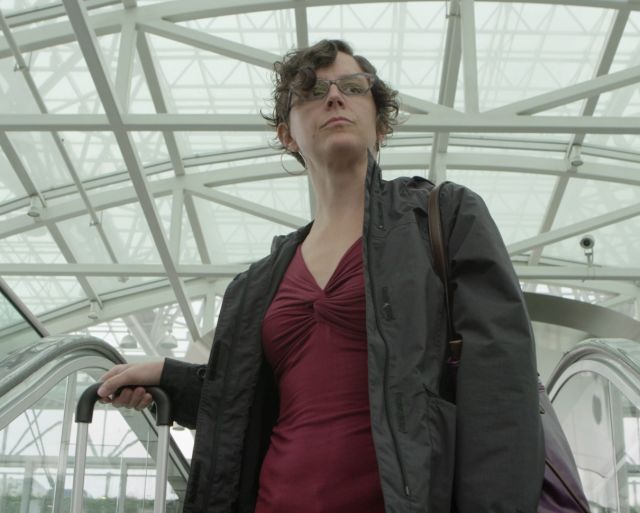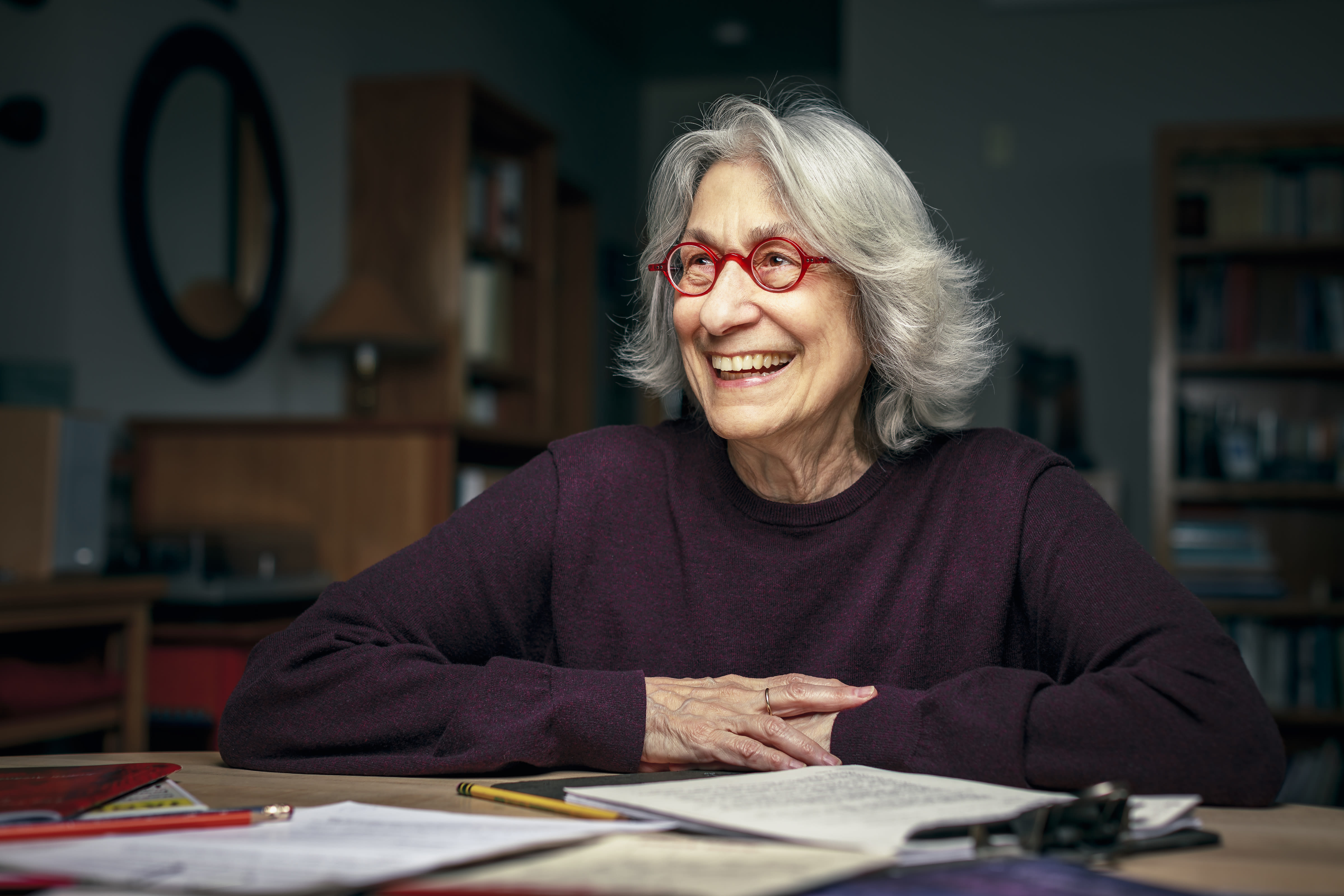A New Film Documents the Daily Work of Abortion Providers

Dr. Sarah Prager with a patient in Our Bodies, Our Doctors
Image: Courtesy Jan Haaken
Twice a month, Dr. Andrea Chiavarini travels from Portland to Oklahoma City. She's there for two days, and for one reason: to perform abortions in a state with few providers. Before flying back, Chiavarini will see 60–70 women, some of whom will have traveled many hours or across state lines for the simple medical procedure. (These women will also have stuck out the state-mandated 72-hour waiting period.)
Chiavarini is one of several health care providers profiled in Our Bodies, Our Doctors, a new documentary by Portland filmmaker Jan Haaken. The film, a measured and intimate portrait of the day-to-day realities of abortion care, premieres at the Portland International Film Festival on Friday, March 8 (which also happens to be International Women's Day), and will also screen on Tuesday, March 12. (Editor's Note: an encore screening has just been added for 4 p.m. Saturday, March 23.)
"I was interested in going beyond the pro-choice rhetoric and placards and pulling the curtain back on the world, which is still very hidden," says Haaken, who's also a clinical psychologist and professor emeritus of psychology at Portland State. "Abortion as part of medical care—you don't see it in films. One way of demystifying that is coming into the room and following doctors, the day in the life in this work."

Dr. Andrea Chiavarini at PDX
Image: Courtesy Jan Haaken
To that end, Haaken's film steps inside the clinics where providers work—in Oklahoma City as well as in Portland and several cities in Washington—and shows some of the ins and outs of the work, from the pre-procedure conversations to aspects of the abortion itself. Though never graphic, Our Bodies captures details that will be unfamiliar to most viewers.
"I wanted the film to allow people to be more grown-up about this area of women's lives and cast off some of the shame and secrecy around it," Haaken says. "I was quite struck early on in this project by how little people in the pro-choice movement knew about abortion care."
Haaken, who's also made films about post-abortion care in Kenya, dairy farmers in Washington state, and legendary drag queen Darcelle XV, says she approached "maybe 40 or 50 providers" about appearing in the documentary. Only a handful agreed—a reflection, Haaken says, of persistent fears around violence and harassment. Over the course of filming, about 10 patients also agreed to allow camera crews into the room for their abortions; none of these women are identified.
When it comes to legal access to abortion, Oregon and Washington are among the most progressive states in the country. But legal access can be an abstract right, Our Bodies makes clear. Catholic hospitals are expanding in the U.S., and these facilities often prohibit abortions. In Oregon, about a third of hospital beds are affiliated with the Catholic Church. In Washington, it's nearly half.
The film, though, isn't overly concerned with the nasty political battles over abortion. Haaken maintains a resolute focus on the providers, and on the work being done to ensure future generations have the necessary training to perform safe abortions. In one memorable scene, a doctor shows a couple medical students how to use a vacuum aspirator on a papaya. (Portlander Judith Arcana, who was involved in the underground abortion movement in the pre-Roe era, also makes an appearance.)
For such potentially charged subject matter, Our Bodies is quite a calm film. Haaken, for her part, says she's hopeful about the future—and she's someone whose own reproductive rights activism dates to the '70s, when she was a nurse in a women's health center, assisting abortion procedures.
"I think in the last 10 years there's a been a shift in reclaiming the right to terminate a pregnancy, and this film is part of that," she says. "The anti-abortion movement has been very effective in shaming women with baby-killing talk. It's still a struggle, but I feel more hopeful about this than I did a decade ago."
Our Bodies, Our Doctors
4 p.m. Sat, Mar 23, Whitsell Auditorium, $10–14




